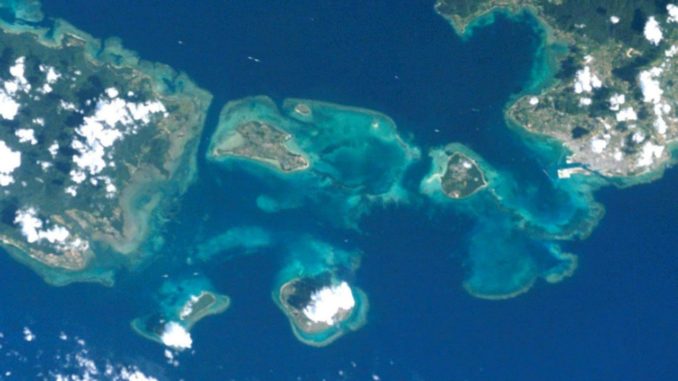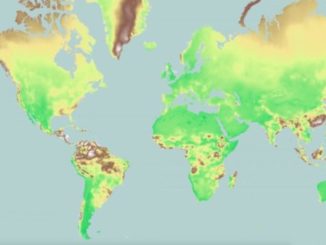
Danielle Demetriou
21 May 2018
It has long been famed as a subtropical paradise, with more than 400 different types of coral living beneath crystal clear waters in a far-flung corner of southern Japan.
Today, however, the future of Sekisei Lagoon – Japan’s largest coral reef – is in question after a new government report found that only one per cent of its coral is in a healthy condition due to global warming.
The decline of Sekisei Lagoon, which stretches over an expanse of more than 26 square miles in a remote area of southernmost Okinawa, is attributed to bleaching due to rising water temperatures and coral-eating starfish.
It is a process that has been evolving for decades, with the overall volume of coral in Sekisei Lagoon reportedly dropping by as much as 80 per cent since the late 1980s, after being badly hit by a string of mass bleaching incidents.
Bleaching occurs when unusually warm water causes coral to expel algae, leading to the coral turning completely white.

The full extent of the current situation has come to light in a new government report, which analysed satellite photography and information from around 1,000 regional monitoring sites for the first time in 10 years.
The study found that the ratio of healthy coral had dropped from 14.6 per cent in 1991 to 1.4 per cent in Sekisei Lagoon today, with two other coral reefs surrounding nearby Ishigaki and Iriomote islands suffering from a similar decline.
“If coral reefs don’t recover, it means a loss of rich fauna for a variety of creatures and would have grave impact on the ecosystem in the region,” Chihiro Kondo, a ministry official, said.
Coral reefs are a vital component of marine life, acting as a buffer for coastlines during tropical storms as well as providing habit for countless organisms. Despite accounting for less than one per cent of the planet’s seas, corals are reportedly home to 25 per cent of marine life.
Incidents of bleaching have risen in recent years, triggered by abnormal environmental conditions such as rising sea temperatures causing corals to expel tiny photosynthetic algae, draining them of their colour.
Corals can regain their health if the water temperature drops, however, recovery has been slow in Sekisei Lagoon due several mass bleaching incidents, the most recent taking place in 2016.
Source:https://uk.news.yahoo.com/only-apos-one-per-cent-120921347.html?guccounter=2
Visits: 68




Be the first to comment